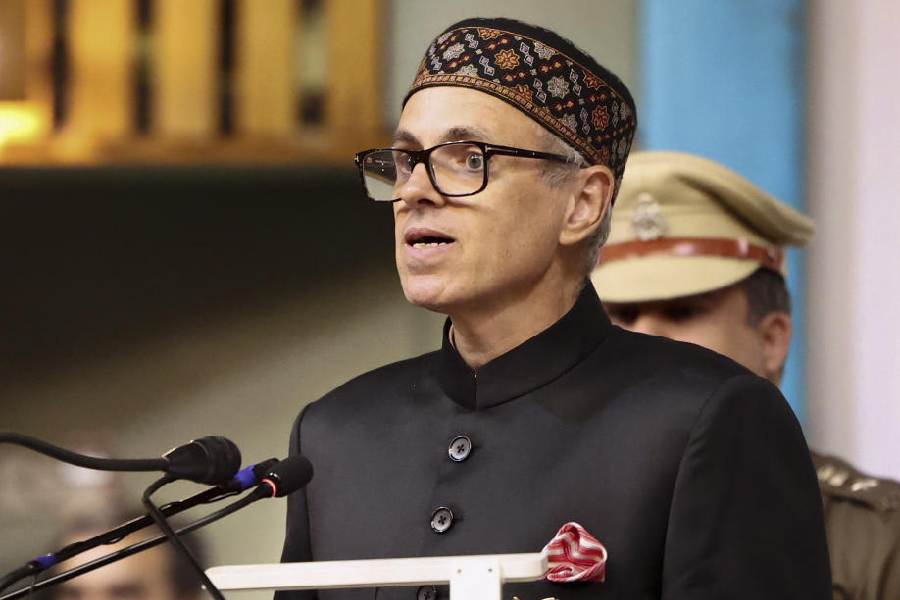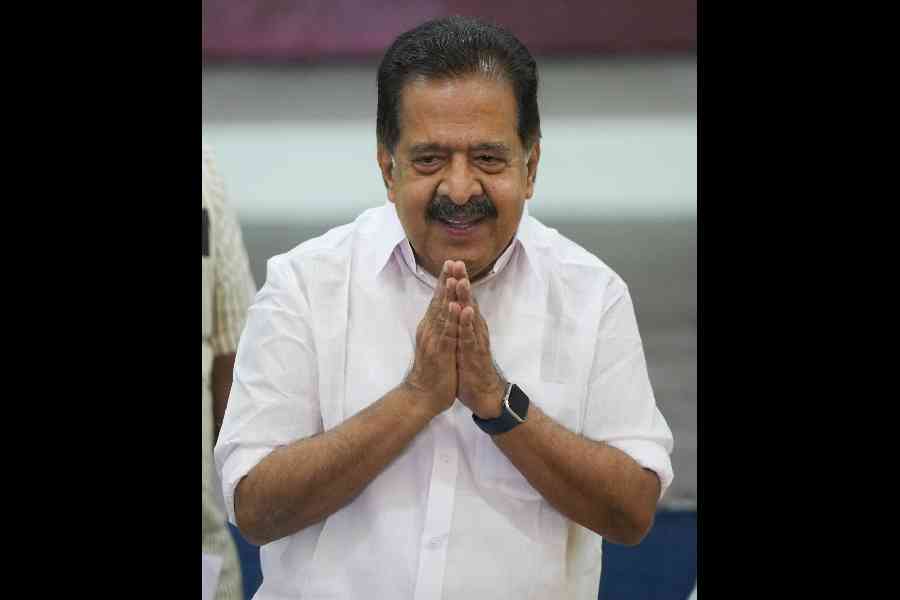Creating wealth is an art. Preserving the wealth created is equally an art. Very few people manage to pull off both when they are alive. Challenges emerge when one thinks of transferring wealth to the next generation. There is a web of complex issues.
Sometimes, family members have multiple interests. Sometimes the wealth is held by a complex web of holding entities. In some cases, wealth accumulated does not seem to meet the ever-evolving needs of family members.
In most cases, there is an overlay of time-bound needs of cash flows in a family. It is difficult to foresee such issues. To address these it is important to look at the nuances which go into making a fairly comprehensive estate plan.
Is a will inadequate?
It is important to understand that many people who are aware of the estate planning needs do not want to go beyond writing a Will. A Will is a legal unilateral declaration of the intention of an individual with respect to his or her property which he or she wants to bequeath after his or her death. Though a Will is well-accepted by law and society, there are some serious limitations when it comes to large estates.
A Will comes into play only after the testator (creator of the Will) dies. This means a Will is fraught with certain amount of legal processes. It needs to be probated. It can be contested in the court of law.
Changing a Will to suit evolving needs of the survivors may become a challenge if the testator is not fit enough because of physical or mental illness. In many cases, a will has caused sibling rivalry, which results in destruction of wealth.
How to avoid hassles
A certain way of avoiding any hassle related to a Will is setting up a private trust to take care of your estate planning needs. Private trusts have been around for decades and can be used as an effective means to transfer wealth to the next generation effectively.
A trust is a vehicle through which the estate owner can transfer his property to some beneficiaries and at the same time benefit from it. The trust is managed by trustees.
There are three important components of a trust — the creator/author of the trust (also known as Settlor), the trustee and the beneficiaries. Private trusts meant to protect the family’s interests can be made as ring-fenced structures to take care of the generations to come.
Key benefits of a trust
There are three strategic advantages of a trust. Trusts are flexible in nature. They address diverse needs of distant or close relatives at various points in time.
A combination of a trust and a Will should be followed if an estate owner wants to exercise varying levels of control on his or her assets. Appointments of external and independent individuals or institutional entities as trustees can iron out biases and protect beneficiaries’ interests effectively.
Trusts preserve a family’s fortune. Even in situations of disagreements within the family, wealth is protected for future generations. A trust ensures that wealth is given to the intended beneficiaries only.
The biggest advantage of the trust for business families is the business can continue through a trust. Succession planning in the business happens in a transparent and peaceful manner as it provides a high level of transparency. One can also separate management and ownership of the business. Estate owners and beneficiaries can achieve their goals, including philanthropy, effectively through a trust with the help of an independent and institutional trustees.
Things to do
If one is keen on effective succession planning and open to the idea of seeking assistance of institutions, then private family trusts make a good investment option. Private family trusts have few administrative hassles, are tax-efficient and transparent enough for successful implementation of estate planning.
Estate Duty was abolished in India in 1985. However estate duties and inheritance tax is a common phenomenon in the advanced economies. However, the possibility of reintroduction of inheritance tax or estate duties should not be ruled out.
Estate planning done through the trust structure is primarily aimed at minimising estate duty or inheritance tax which is imposed on the entire estate (i.e. all the properties and assets) transferred after the death of the estate owner.
Given these nuances, it is important that at a suitable age one strategises succession planning through a trust.
Unplanned and unstructured estate planning defeats the very purpose of wealth creation — to bring happiness and reduce discontent not only in one’s own life but also in the lives of those we care for.
The writer is head of trust and estate planning at Motilal Oswal Wealth Management










